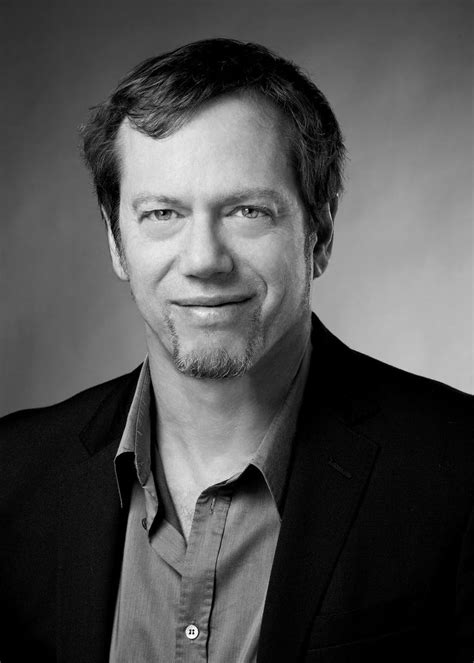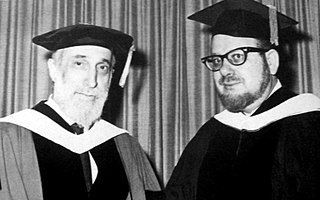A Quote by Terence McKenna
The problem is we have to transcend cultural languages and fall into a phase with the communication systems that nature has placed all around us.
Related Quotes
We are compelled by reflection to recognize that God is not to be placed against the material world [as in Christianity], but must be placed as a 'divine power' or 'moving spirit' within the cosmos itself ... All the wonderful phenomena of nature around us, organic as well as inorganic, are only various products of one and the same original force.
The arts are not a frill. The arts are a response to our individuality and our nature, and help to shape our identity. What is there that can transcend deep difference and stubborn divisions? The arts. They have a wonderful universality. Art has the potential to unify. It can speak in many languages without a translator. The arts do not discriminate. The arts lift us up.
Nature is flexible and resilient. Nature likes redundancy and dispersion. It is approximate and deals in gradients. All boundaries are permeable. Nature nests small systems like molecules within larger systems like cells, which in turn are nested in systems called organs, organisms, ecosystems. We grew from ancient one-celled ancestors. Nature likes mergers: we contain multitudes of other life forms within us. We stand at the crest of four billion years, bacteria molded into wondrous form, burning with a slow fire and about to take the next step.
Abstract systems depend on trust, yet they provide none of the moral rewards which can be obtained from personalised trust, or were often available in traditional settings from the moral frameworks within which everyday life was undertaken. Moreover, the wholesale penetration of abstract systems into daily life creates risks which the individual is not well placed to confront; high-consequence risks fall into this category. Greater interdependence, up to and including globally independent systems, means greater vulnerability when untoward events occur that affect those systems as a whole.
My parents have always had a very limited command of English. Of course, when we first arrived in the UK, none of us spoke English, but it's much easier for a child to pick up languages. But the problem was not a lack of English; the problem was poor communication in any language. Remember, my parents came from rural Bangladesh with little education. It was alarming for them, I'm sure, to watch their boy very quickly exhaust whatever ability they had to teach the child something.
The steep ride up the and down the energy curve is the most abnormal thing that has ever happened in human history. Most of human history is a no-growth situation. Our culture is built on growth and that phase of human history is almost over and we are not prepared for it. Our biggest problem is not the end of our resources. That will be gradual. Our biggest problem is a cultural problem. We don't know how to cope with it.






































